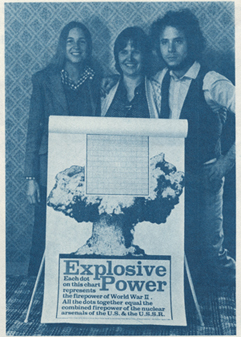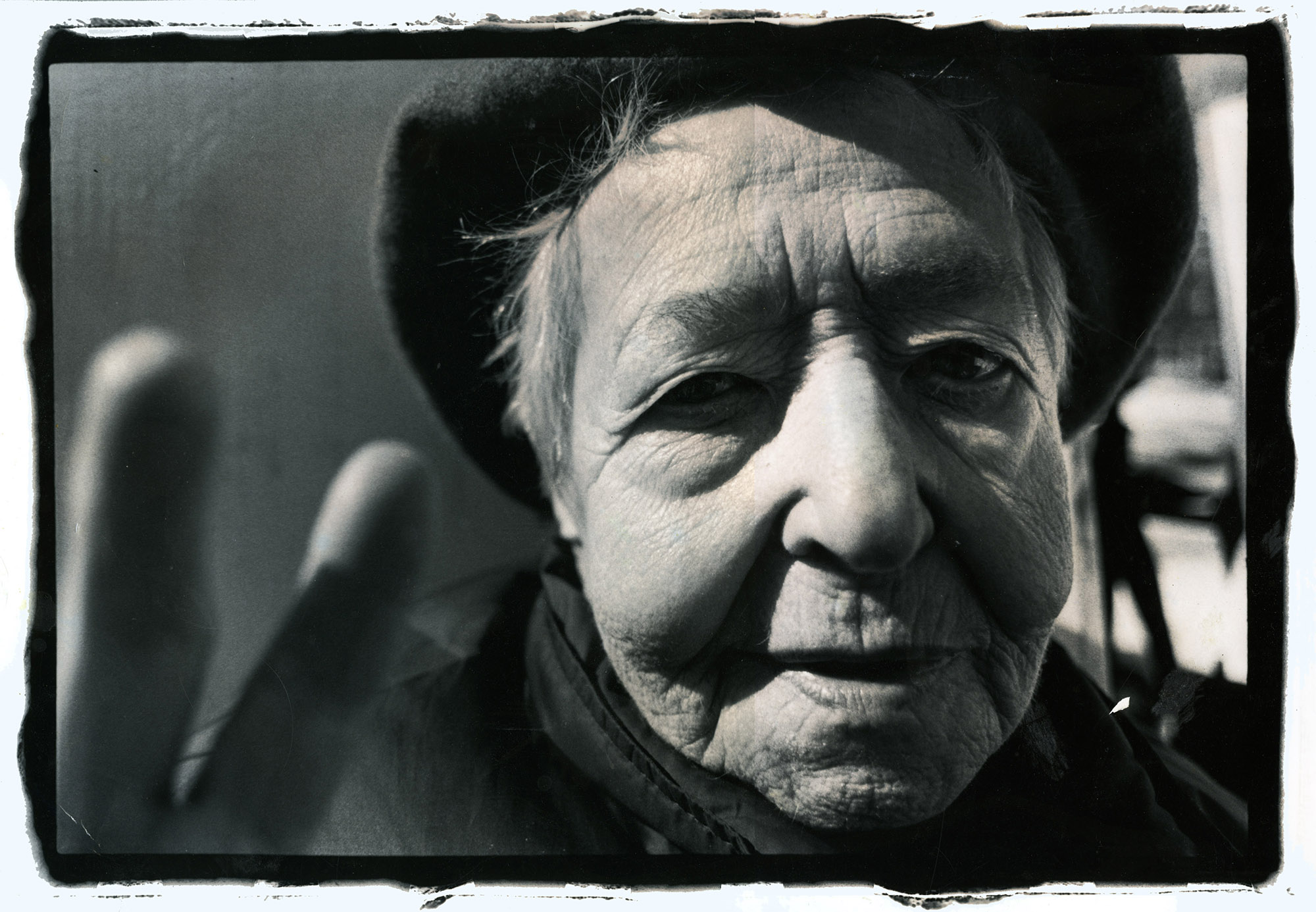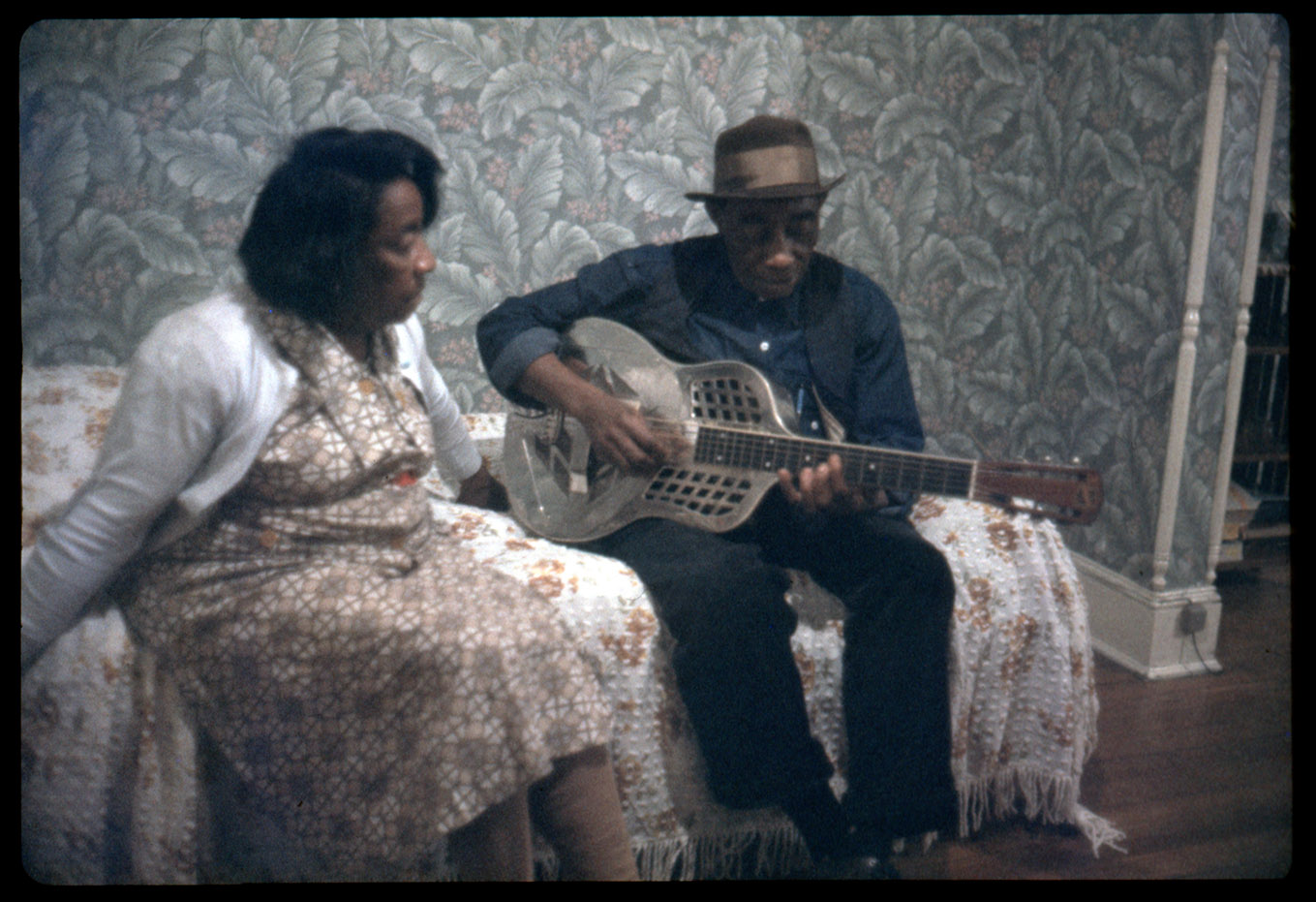Peace Development Fund Records

arms race flip chart
Access restrictions: Temporarily stored offsite; contact SCUA in advance to request materials from this collection.
First conceived in 1980, the Peace Development Fund (PDF) was founded by a small group of activists and donors with a vision: to raise money to fund grassroots organizations promoting peace, global demilitarization, and non-violent conflict resolution. During the foundation’s first funding cycle, PDF awarded 19 grants to projects designed to increase understanding of the arms race; some to organizations as nearby as Deerfield and Northampton and others to organizations as far away as California. With the end of the Cold War in the late 1980s, PDF changed focus. Instead of thinking of peace as the absence of war, the Foundation began to see peace as “the presence of equitable relationships among people, nations, and the environment.” Since that time, PDF has developed a new perspective on peacework, one centered on fostering social, environmental, and economic justice.
The records of the Peace Development Fund consist chiefly of grant-making files documenting the many organizations that submitted and received awards. Also included is a nearly complete run of PDF’s annual reports, newsletters, and other publications, which together offer a full picture of the foundation’s funding and programmatic history. Exchange Project files record PDF’s efforts to provide training, not just money, to organizations lacking the skills necessary for effective fund-raising, strategic planning, instituting sound organizational structures, and dismantling racism.




